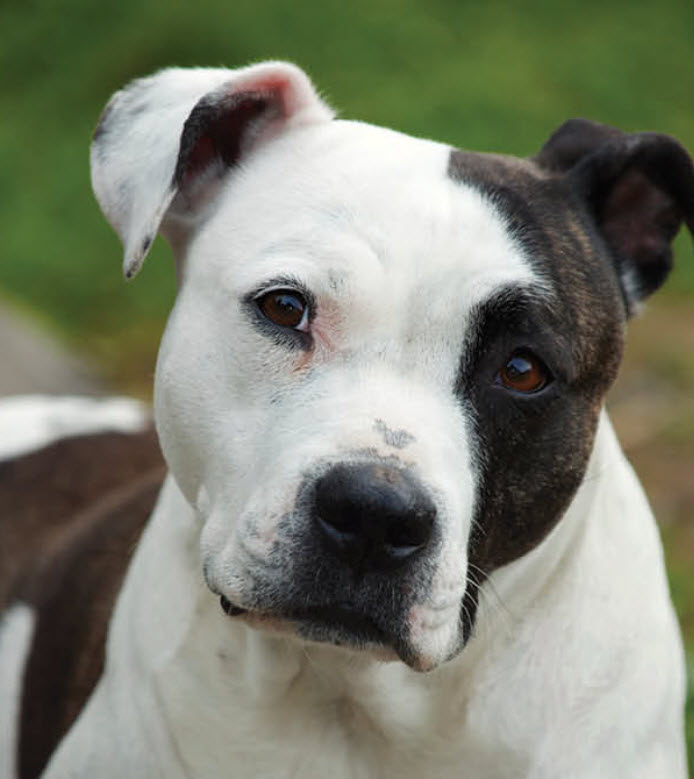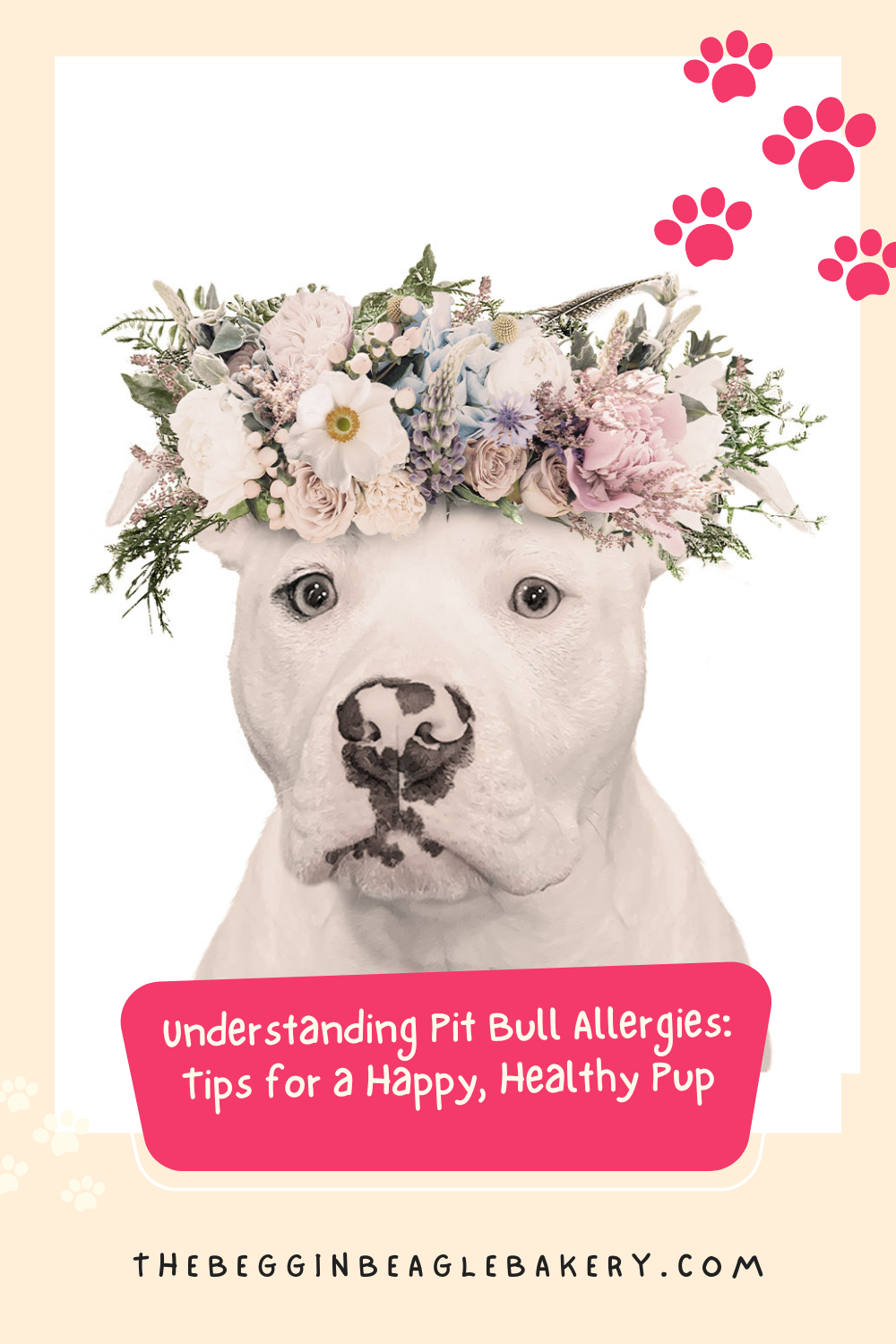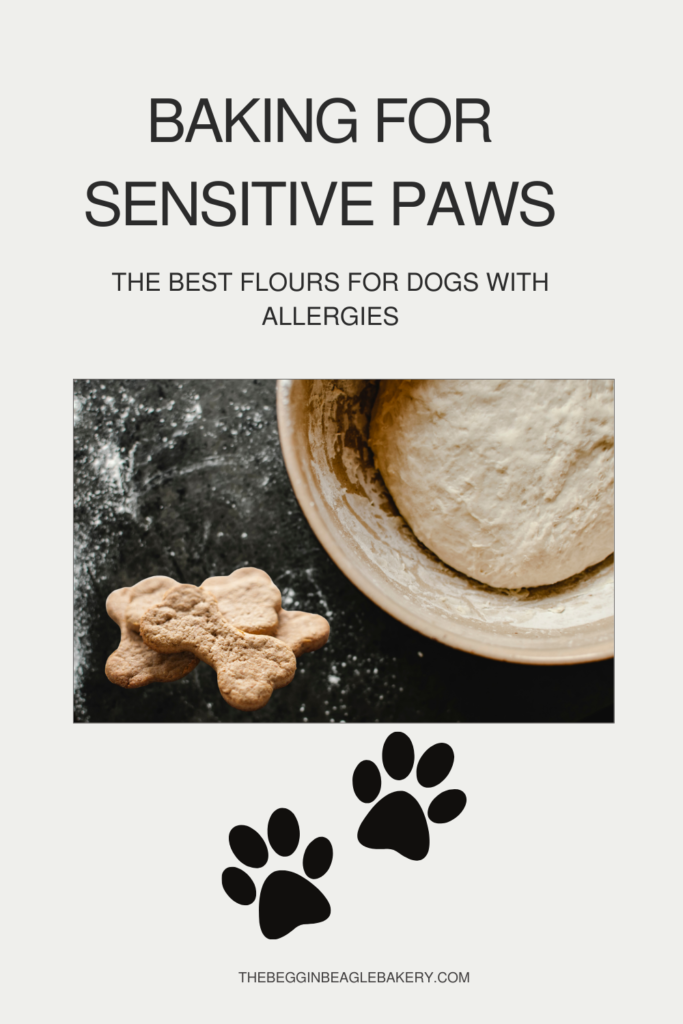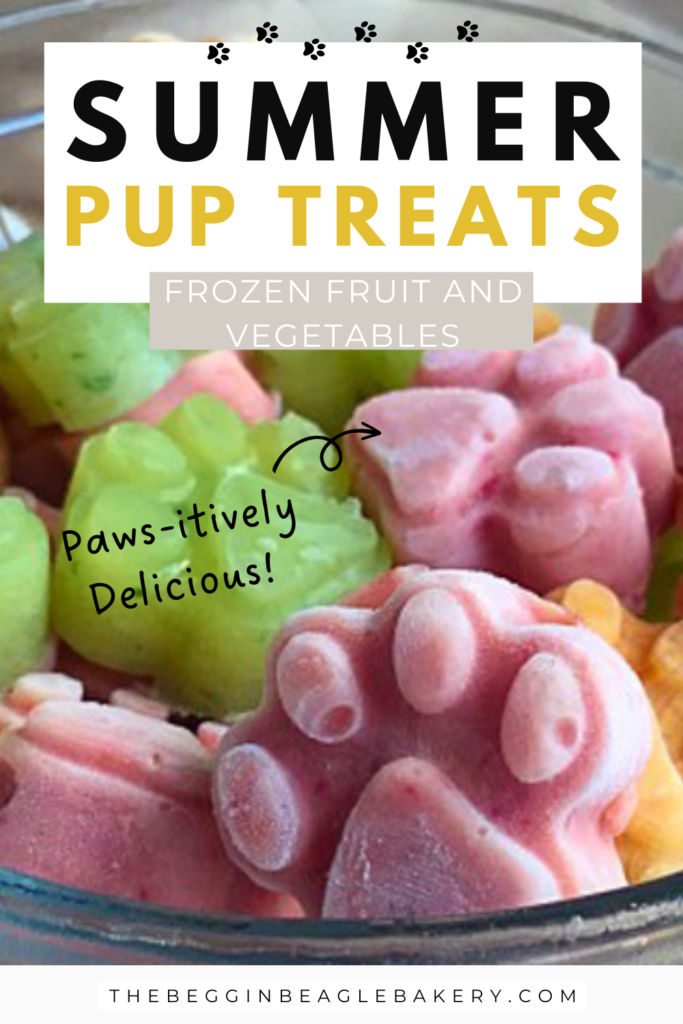Understanding Your Pit Bulls Allergies: Tips for a Happy, Healthy Pup
Pit Bulls are known for their loyalty, strength, and loving nature, but like many other breeds, they can be prone to allergies. Whether it’s food sensitivities or environmental triggers, dealing with allergies can be challenging for both you and your pup. Understanding the root cause of your Pit Bull’s discomfort and taking proactive steps to manage it is crucial for their overall well-being. In this blog post, we’ll explore common allergies in Pit Bulls and offer tips to help you keep your furry friend happy and healthy.
I have a lot of experience with pit bull allergies being that my sweet Shelby is allergic to EVERYTHING! I had an allergy test done at the vet and although it wasn’t cheep, ($500) it was worth every cent! I am aware that she has significant food allergies and try to stay away from the tings that she is allergic to. Because she is allergic to chicken, I had to find a dog food that doesn’t have any chicken chicken by products. Believe it or not, I found the answer at Costco! Kirkland brand, Salmon & Sweet Potato.




Kirkland Brand Salmon and Sweet Potato Dog Food is a great choice for pet owners looking for a high-quality, nutritious option. This formula is crafted with real salmon as the primary protein source, providing essential omega-3 fatty acids for a healthy coat and skin. Paired with sweet potatoes, a digestible source of carbohydrates, this dog food is not only tasty but also gentle on sensitive stomachs. Free from corn, wheat, and soy, it’s a great option for dogs with food sensitivities or allergies, ensuring they get the balanced diet they need for overall well-being.
Another good choice is Kirklands Signature Nature’s Domain Turkey Dog Food
Common Allergies in Pit Bulls
Pit Bulls can develop allergies to a variety of substances, just like humans. Here are some of the most common types:
- Food Allergies:
- Signs: Itchy skin, ear infections, gastrointestinal issues like vomiting or diarrhea.
- Common Culprits: Beef, chicken, dairy, wheat, and soy are some of the most common allergens. It’s important to note that dogs can develop allergies to ingredients they’ve been eating for a long time.
- Environmental Allergies:
- Signs: Persistent scratching, red or inflamed skin, watery eyes, and sneezing.
- Common Triggers: Pollen, dust mites, mold, grass, and even certain types of fabric or cleaning products.
- Flea Allergies:
- Signs: Intense itching, hair loss, hot spots, and red, irritated skin, especially around the base of the tail.
- Cause: Allergic reaction to flea saliva. Even a single flea bite can trigger a reaction in sensitive dogs.
Identifying the Signs of Allergies
Recognizing the symptoms of allergies in your Pit Bull is the first step toward providing relief. Common signs include:
- Excessive licking or chewing of paws
- Red, inflamed, or irritated skin
- Frequent ear infections
- Hot spots (red, moist, irritated areas of skin)
- Digestive issues such as vomiting or diarrhea
- Chronic scratching or rubbing against surfaces
If you notice any of these symptoms, it’s essential to consult with your veterinarian. They can help determine the exact cause of the allergies through tests such as elimination diets or skin tests.
Managing Food Allergies
If your vet suspects a food allergy, they may recommend an elimination diet. This involves feeding your dog a novel protein and carbohydrate source (like duck and sweet potato) that they haven’t eaten before. If symptoms improve, you can slowly reintroduce other foods to pinpoint the allergen.
Tips for Managing Food Allergies:
- Choose Hypoallergenic Dog Food: Look for foods that are free from common allergens and contain high-quality ingredients. Grain-free options may also be beneficial.
- Read Labels Carefully: Avoid treats or foods that contain the allergen. This includes checking for hidden ingredients in processed treats.
- Cook Homemade Meals: If you’re up for it, consider cooking meals for your Pit Bull using ingredients you know are safe. This gives you complete control over what your dog eats.
Managing Environmental Allergies
Environmental allergies can be more challenging to manage since they involve factors outside of your control. However, there are steps you can take to reduce your Pit Bull’s exposure to allergens.
Tips for Managing Environmental Allergies:
- Regular Baths: Bathe your dog with hypoallergenic or medicated shampoos to remove allergens from their skin and coat. This can help soothe irritated skin and reduce itching. We use oatmeal based shampoos.
- Clean Living Space: Regularly clean your home to reduce dust, mold, and pollen. Use air purifiers and wash your dog’s bedding frequently.
- Wipe Down After Walks: After spending time outdoors, wipe down your dog’s paws and coat to remove any pollen or grass allergens.
Managing Flea Allergies
Preventing flea infestations is crucial for dogs with flea allergies. Even one bite can cause severe discomfort.
Tips for Managing Flea Allergies:
- Regular Flea Prevention: Use flea preventatives year-round, even if you don’t see fleas. There are many options available, including topical treatments, oral medications, and flea collars. we use the amazon brand for flea prevention. It’s reasonably priced and it works!
- Keep Your Home Flea-Free: Vacuum regularly and wash your dog’s bedding to prevent flea infestations.
- Treat Hot Spots: If your dog develops hot spots, clean the area and apply a vet-recommended topical treatment to soothe the skin.
Working with Your Veterinarian
Managing allergies is a lifelong commitment, but you don’t have to do it alone. Work closely with your veterinarian to develop a tailored plan for your Pit Bull. They may recommend allergy testing, prescribe medications to manage symptoms, or suggest dietary changes.
Final Thoughts: A Happy, Healthy Pit Bull
Living with allergies can be challenging, but with the right approach, you can ensure your Pit Bull lives a comfortable, happy life. By identifying the cause of your dog’s allergies and taking proactive steps to manage them, you’re setting your pup up for a healthier future.
Remember, every dog is unique, and what works for one may not work for another. Stay patient, and don’t hesitate to seek professional advice when needed. Your Pit Bull deserves the best care, and with your love and attention, they’ll thrive despite their allergies.
By following these tips and being mindful of your Pit Bull’s unique needs, you can help them live a life free from the discomfort of allergies. A happy, healthy pup is a joy to have, and your efforts will pay off with lots of tail wags and wet-nosed kisses! 🐾
